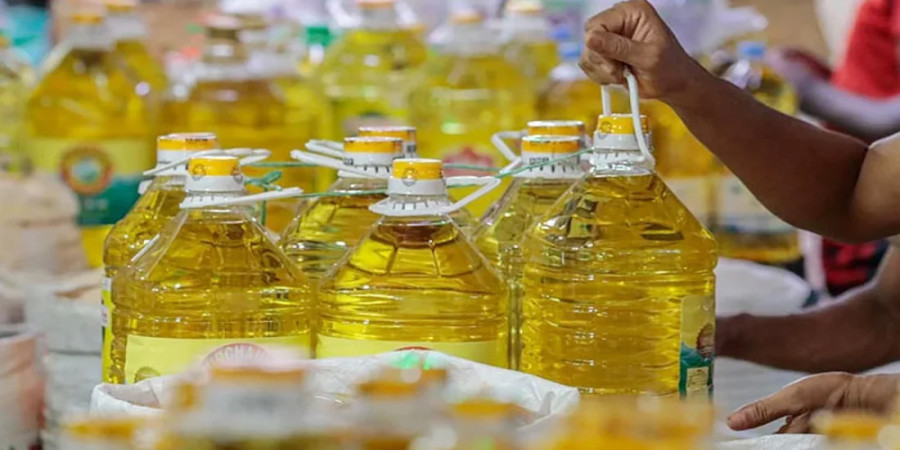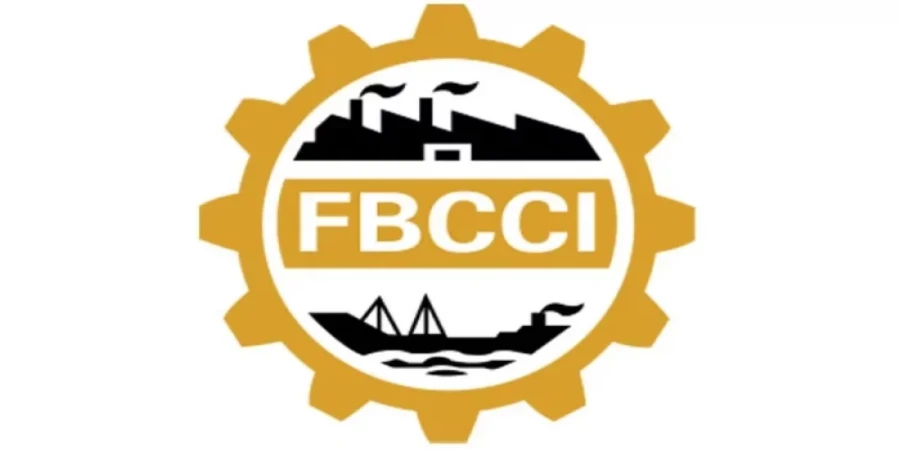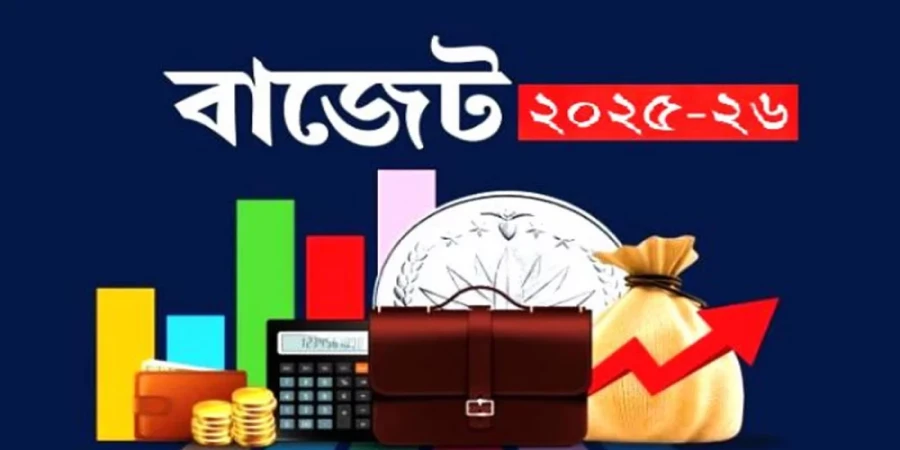
ছবি: ছবি: সংগৃহীত
The government has reduced the Value Added Tax (VAT) on edible oil imports from 10% to 5% in an effort to stabilize the supply in the market. This decision was announced on Tuesday, November 19, through a notification issued by the National Board of Revenue (NBR).
According to the NBR, the reduction in VAT is aimed at ensuring a steady supply of edible oils in the country, which has been under strain in recent months. The VAT exemption, which is applicable to imports, will apply to all edible oils, including soybean oil and palm oil. The new VAT rate will remain in effect until December 15, 2024. This move is expected to have a positive impact on the price of edible oil in the market, potentially leading to more affordable prices for consumers.
In the past, on October 17, the government had granted a VAT exemption on domestically produced and unrefined soybean oil and palm oil, offering a 15% exemption at the production stage and an additional 5% exemption at the business level. However, with the new order, only the 5% VAT reduction on imports is now in effect, which is expected to alleviate some of the pressure on the edible oil market.
The reduction in VAT is seen as a critical step in addressing the rising costs of edible oils, which have been a significant concern for both consumers and businesses in Bangladesh. As edible oils are a staple in many households and industries, any fluctuation in their prices can have a broad impact on the economy. The NBR’s decision to cut VAT aims to ensure that the supply remains uninterrupted, helping to meet domestic demand without causing further price hikes.
Experts believe that this adjustment will provide some relief to consumers who have been facing high prices for cooking oils in recent months. With the holiday season approaching and demand for cooking oils typically increasing during this time, the move is expected to help stabilize the market and provide price relief.
This reduction in VAT follows other efforts by the government to manage the costs of essential commodities. As edible oil is a key ingredient in the daily diet of many Bangladeshis, the VAT cut is part of broader measures aimed at ensuring food security and managing inflationary pressures in the country.
The NBR’s decision is expected to be welcomed by businesses importing edible oil, as it will lower the overall cost of importing oils. This, in turn, could lead to more competitive pricing in the local market and ensure that oil remains available for all consumers, particularly in the run-up to the year-end festive period.
The new VAT policy will remain under review, with the government closely monitoring market conditions and adjusting policies as necessary to ensure a stable supply of edible oils at reasonable prices.
repoter






